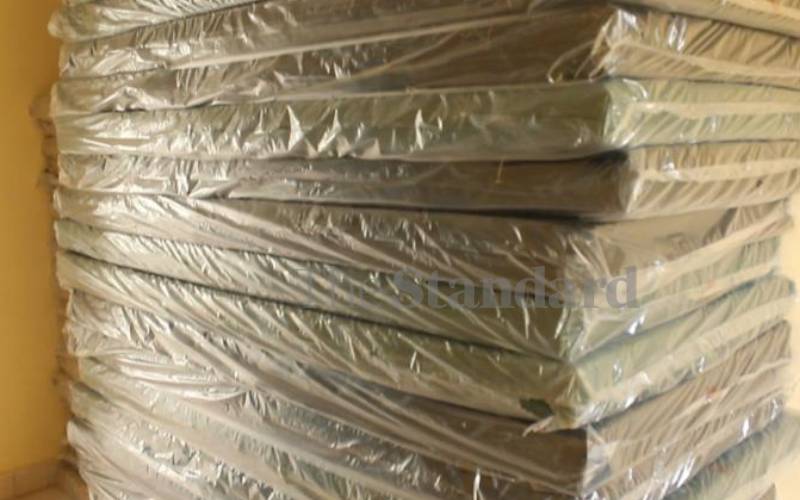×
The Standard e-Paper
Join Thousands Daily

How mattresses could make small shops grow into erstwhile retail chain giants is a puzzle. [Christopher Kipsang, Standard]
What do erstwhile retail giants Tuskys and Nakumatt have in common?